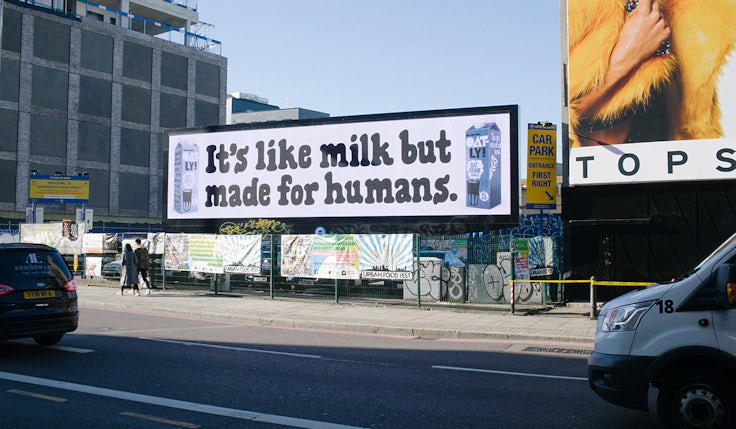How HSBC fought the vicious cycle of homelessness
Highlighting how having ‘no fixed address’ can exclude people from society, HSBC teamed up with Shelter to tackle the financial exclusion faced by the homeless community.

While HSBC enjoys an international reputation, when compared to high street rivals consumers questioned whether it really cared about the UK community.
Research also showed rates of UK homelessness had skyrocketed in a decade. While Brits understood the magnitude of the issue, they underestimated how difficult it is to break out of the cycle of homelessness. Not having a home makes it harder to open a bank account, which makes it harder to secure a job or claim benefits, which makes it harder to find a home – a vicious circle.
HSBC teamed up with agency Wunderman Thompson and homelessness charities such as Shelter to create the UK’s first ‘No Fixed Address’ service, giving homeless people bank accounts using the charities’ address as proof of identification.
Rolling out as a trial in one branch in 2019, by 2021 HSBC decided to take its message nationwide as Brexit and the pandemic worsened the economic hardship felt by the homeless community. The bank launched the ‘Vicious Circle’ campaign, dramatising the struggle of homelessness and financial exclusion.
To date, more than 3,000 No Fixed Address bank accounts have been opened, with the campaign growing its charity partners to 204. The bank saw a 12% improvement on a measure of “caring about its customers” and 10% uplift in brand affinity following the Vicious Circle launch. Couple with this a sense of employee pride, as the No Fixed Address service expanded to 185 branches.
Winner of the Marketing Week Award for Diversity and Inclusion in Marketing, HSBC hopes to have laid the groundwork for other banks to embark on a similar mission.






